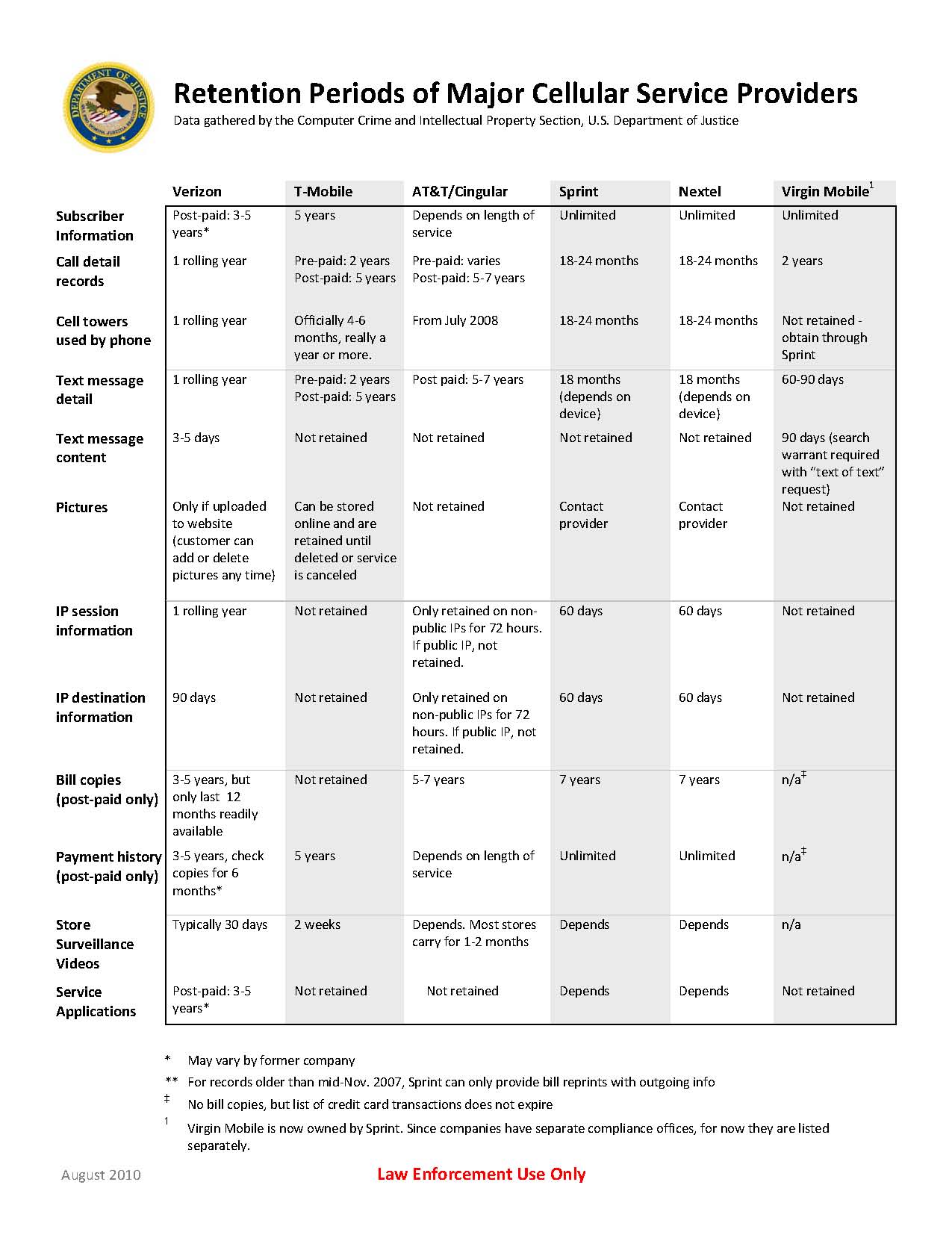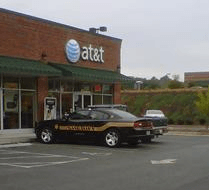 After nearly a half-million Canadians expressed outrage about Bell’s Internet Overcharging practices, the company is responding. This week, Bell sent a letter to their wholesale customers announcing it plans to end the practice of speed throttling peer-to-peer file traffic (at least for them):
After nearly a half-million Canadians expressed outrage about Bell’s Internet Overcharging practices, the company is responding. This week, Bell sent a letter to their wholesale customers announcing it plans to end the practice of speed throttling peer-to-peer file traffic (at least for them):
Effective November 2011, new links implemented by Bell to augment our DSL network may not be subject to Technical Internet Traffic Management Practices (ITMP). ITMPs were introduced in March, 2008 to address congestion on the network due to the increased use of Peer-to-Peer file sharing applications during peak periods. While congestion still exists, the impact of Peer-to-Peer file sharing applications on congestion has reduced. Furthermore, as we continue to groom and build out our network, customers may be migrated to network facilities where Technical Internet Traffic Management Practices (ITMPs) will not be applied.
 Peer-to-peer traffic, once all the rage for swapping music, movies, and software (legally or otherwise), has been declining as a percentage of Internet traffic and legal online entertainment services (Netflix, et al.) have become available. Copyright crackdowns and usage caps manage to further restrict customers from leaving P2P software running continuously as it can rapidly eat into usage allowances.
Peer-to-peer traffic, once all the rage for swapping music, movies, and software (legally or otherwise), has been declining as a percentage of Internet traffic and legal online entertainment services (Netflix, et al.) have become available. Copyright crackdowns and usage caps manage to further restrict customers from leaving P2P software running continuously as it can rapidly eat into usage allowances.
With increased capacity of Bell’s networks and decreased interest in file swapping software among customers, the practice of throttling such traffic (along with the unintended collateral damage to online gaming), means such network management practices have outlived their usefulness.
Providers these days are far more likely to blame online video for congested networks. But once providers attach a speed throttle to an application, it can be difficult to remove. Even as Bell announced it would no longer throttle their wholesale clients, retail customers will still suffer with reduced speeds during “peak usage times” — 4:30pm-2am local time.
Michael Geist, who covers Canadian broadband issues, wonders if Bell’s throttles are actually in violation of the Canadian Radio-television and Telecommunications Commission’s traffic management guidelines:
While Bell says its congestion has been reduced, its retail throttling practices have remained unchanged, throttling P2P applications from 4:30 pm to 2:00 am. Given the decline in congestion, a CRTC complaint might ask whether the current throttling policy “results in discrimination or preference as little as reasonably possible” and ask for explanation why its data cap policies “would not reasonably address the need and effectively achieve the same purpose as the ITMP.” In fact, the same can now be said for many other ISPs who deploy broad based throttling practices (Rogers, Cogeco), which may not be reasonable under the CRTC policy.


 Subscribe
Subscribe




